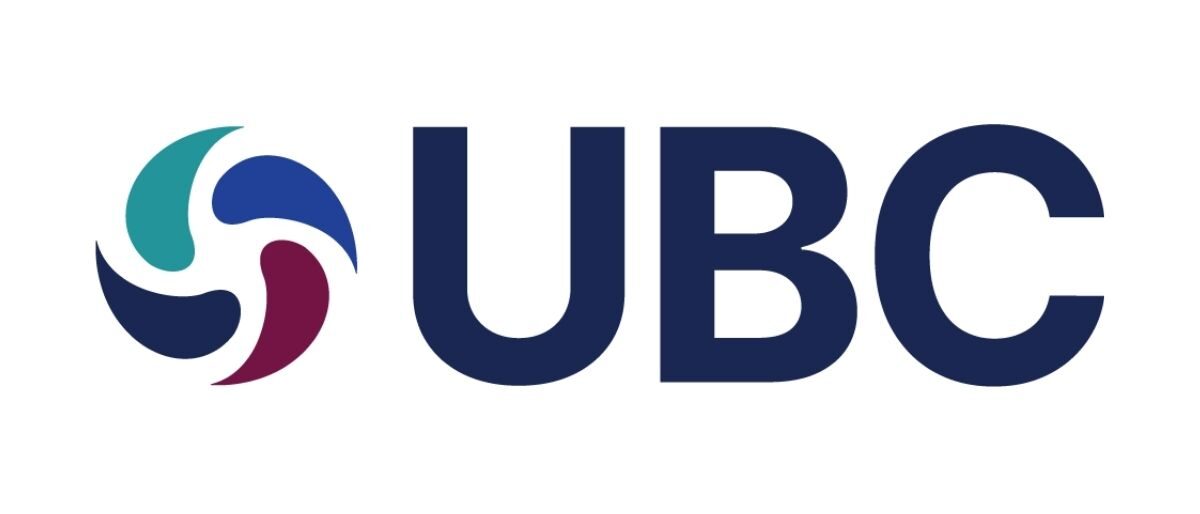As the world fights through the current global health crisis, there are individuals that are faced with other devastating medical challenges every day. One example is people that have a gene or cell mutation in which a DNA gene or cell is damaged or changed in such a way that it alters the genetic message carried, causing multiple medical issues.
A diagnosis of a disease with very few or no known treatments can be devastating, causing a wide range of emotions not just for the patient, but also for their family: disbelief, anger, hopelessness, frustration, and depression.
As drug treatments for gene and cell therapies become available and approved by the FDA, pharmaceutical manufacturers must prepare to support the patient through the product initiation and treatment journey in ways never thought of before. The stakes are extremely high due to the cost of treatment and logistical requirements to move the product from manufacturing to the actual site of care and ensuring the patient gets the treatment as quickly as possible. Additionally, the patient may have to travel to obtain treatment at a trained facility.
With the complexity of gene and cell therapy, there must be alignment between multiple stakeholders related to collaborating and communicating for the sake of the patient’s treatment: the prescriber, the lab, the product manufacturer, third party logistics, and the site of care.
The need for a highly experienced hub team as part of a patient support program is vital to help guide the patient, family, and health care provider along the way. Additionally, the program must be extremely flexible to meet each patient in the way they need it most. Supporting the patient means understanding and empathizing with their uncertainty about the future and their concerns over the financial impact these treatments can have.
At UBC, we try to accomplish this by striving to be a vital extension of a team, not just another vendor. Through passion and persistence, we work to overcome barriers to access that happen with specialty products such as gene and cell therapies.
“UBC is very engaged in their work and truly cares about the patients we serve. They are very friendly, helpful, and responsive. Our case manager went above and beyond to exceed timelines that expedited the process for patients. We were navigating a very tough case with a family that needed support to get the patient a life-changing infusion. Our team successfully connected the family to the resources they needed at late notice to get the patient infused the very next day!“ – Director, Patient Strategy and Access for a Gene Therapy Patient Support Program
Stories like this emphasize the need for experience with the design and implementation of complex therapies. Variables of access and affordability result in separate challenges for each novel treatment. At UBC, we have a “Patient’s First” philosophy, so finding a partner with the background, knowledge, and a passion for the patient is critical to successful treatment and adherence.
The below video features two of UBC’s case managers describing what is like to provide patient support services for families suffering from rare diseases and helping them overcome barriers to therapy.
https://player.vimeo.com/video/519688390?title=0&byline=0About the Author
Diana Hampton brings over 30 years of experience in the healthcare industry including 17 within the UBC organization. She is responsible for setting direction for the organization related to reimbursement hub services and program design for specialty products. She has experience in launching more than 45 patient support service programs – including those for ultra-rare, rare, gene therapy, and larger specialty brands.

Diana serves as a key liaison between business development, implementation, and operations to identify, research, and recommend reimbursement solutions (Hub and Field) to our clients in the pursuit of successful product access for their patients.
To learn more about UBC’s reimbursement and patient support services, head here.





